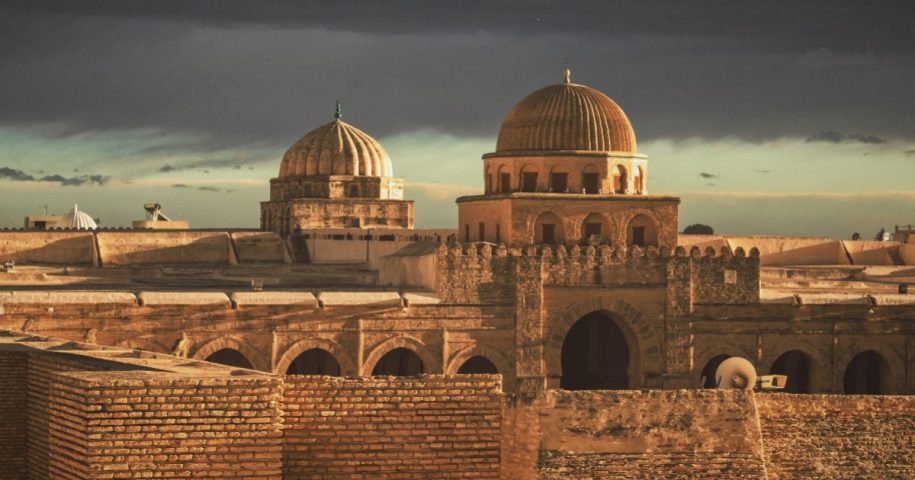Tunisia is a North African country located on the Mediterranean coast. The country has a population of around 12 million people, and the majority of the population is Muslim. In fact, Islam is the state religion of Tunisia, and its followers make up around 99% of the population.
Islam in Tunisia has a rich and complex history, dating back to the 7th century when Arab Muslim armies conquered the region. Over the centuries, religion has evolved and undergone significant changes, influenced by local customs and traditions.
The dominant sect of Islam in Tunisia is Sunni Islam, which is practiced by the vast majority of the population. However, there is also a small minority of Tunisians who follow Shia Islam.
Tunisian Muslims observe the five pillars of Islam, which include the declaration of faith, prayer, fasting during the month of Ramadan, giving to charity, and performing the Hajj pilgrimage to Mecca at least once in their lifetime if they are able to do so.
In addition to these core beliefs and practices, Tunisian Islam has its own unique cultural traditions and practices. For example, the country is known for its vibrant Sufi culture, which emphasizes mysticism and spirituality within Islam. Sufi practices include chanting and music, and many Tunisians participate in Sufi brotherhoods or orders.
Tunisia has a long history of religious tolerance and diversity, and this is reflected in the country’s constitution. While Islam is the state religion, the constitution guarantees freedom of religion for all citizens. As a result, there are also small Christian and Jewish communities in Tunisia, as well as some followers of other religions.
Overall, Islam is the main religion in Tunisia, and its followers make up the vast majority of the population. Tunisian Islam has its own unique cultural traditions and practices, and the country has a long history of religious diversity and tolerance.


Leave a Reply